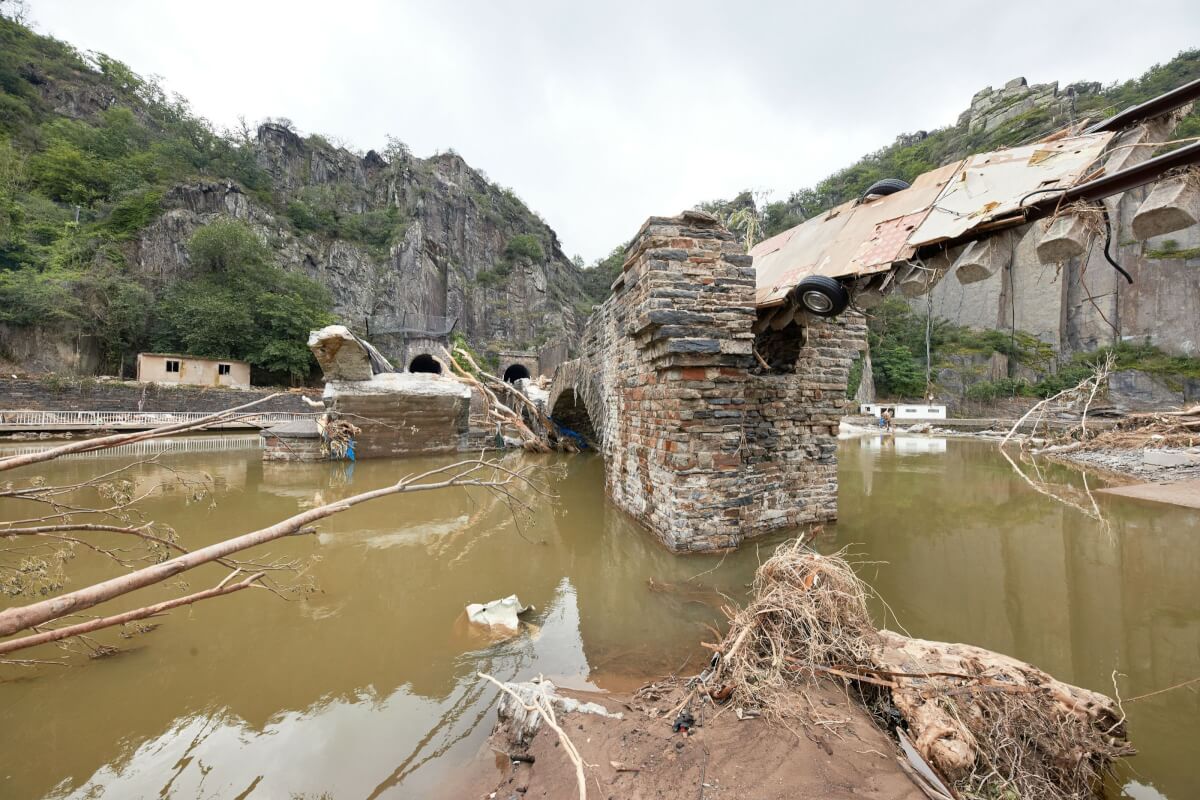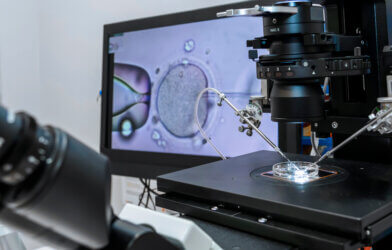BONN, Germany — Millions of people refuse to acknowledge that climate change is a real threat to the human race, despite mounting scientific evidence available at their fingertips. Researchers from the University of Bonn and the Institute of Labor Economics (IZA) in Germany decided to get to the bottom of this. What they discovered, shockingly, defies conventional wisdom and may reshape our understanding of the motivations behind climate change denial. Their research suggests that individuals who downplay the impact of climate change or human actions that affect the planet are not doing it to justify their own environmentally harmful behaviors.
The phenomenon of climate change denial, despite overwhelming scientific consensus about its human causes and dire implications, has puzzled experts for years. A leading hypothesis posited that this denial stemmed from a psychological mechanism known as “motivated reasoning.”
Study author Florian Zimmermann, professor and economist at the University of Bonn and research director at IZA, explains that motivated reasoning is a process where individuals bend facts to maintain a positive self-image, especially when faced with the guilt of contributing to climate change through actions like frequent flying.

However, the study’s surprising results challenge this assumption. Conducted through an online experiment with 4,000 U.S. adults, the research set out to examine if those who engage in environmentally damaging behavior justify their actions by denying climate change’s existence. In the experiment, participants were divided into two groups, with one having the option to donate $20 to organizations fighting climate change and the other being able to keep the money for personal use.
“Anyone keeping hold of the donation needs to justify it to themselves,” says Zimmermann, who is also a member of the ECONtribute Cluster of Excellence, the Collaborative Research Center Transregio 224 and the Transdisciplinary Research Area “Individuals & Societies” at the University of Bonn, in a university release. “One way to do that is to deny the existence of climate change.”
Contrary to expectations, nearly half of the participants chose to keep the money, but this decision did not correlate with an increased denial of climate change.
“Yet we didn’t see any sign of that effect,” notes Zimmermann, indicating that the act of keeping the money did not lead to a retrospective justification through climate change denial.
This finding is significant as it opens up new pathways for addressing climate change misconceptions. If denial were rooted in self-deception linked to personal behavior, correcting misconceptions through information would be challenging. The absence of such a link, though, suggests that straightforward educational approaches might be more effective than previously thought.

Yet, the study also hints at a more complex aspect of climate change denial that could impede such straightforward solutions.
“Our data does reveal some indications of a variant of motivated reasoning, specifically that denying the existence of human-made global heating forms part of the political identity of certain groups of people,” explains Zimmerman, making them less receptive to scientific evidence and rational argumentation.
The implications of this research are profound, not only for policymakers and environmental activists but also for the general public’s understanding of climate change denial. It suggests that tackling climate change misconceptions may require a nuanced approach that considers the diverse motivations behind denial, including political identity.
The study is published in the journal Nature Climate Change.
You might also be interested in:




Or maybe it means some people actually read the science rather than accept the garbage spewed by left wing parasites and their media henchman.
Old wine in new bottles. The idea that “motivated reasoning is a process where individuals bend facts to maintain a positive self-image” sounds a lot like Leon Festinger’s “cognitive dissonance” theory, which he developed in the 1950s.
By “left wing parasites” in David’s comment above, I assume he is referring to the many thousands of climate scientists who, in a version of mass hysteria, have all been deluded into believing that the world is overheating because of the burning of fossil fuels. The evidence is all around us, literally. The global temperature is now 3 degrees F warmer compared to the preindustrial period, the warmest it has been in the past 100,000 years. Indeed, that warming began about 150 years ago. And what happened about 150 years ago? Hmm. Sunspots? Belching volcanoes? Nope. Try the Industrial Revolution.
Agree totally with Bruce. You need to believe what we’re experiencing all around us and we see all around the world! All scientists aren’t left wing . The parasites are the fossil fuel companies who pay and hire some scientists to try to deny the facts,so they and their cronies can carry on fleecing us all.
So what’s the answer? Submit to the state, ride bicycles, live one-with-nature in fear of breathing out CO2? Look at coastlines of countries. Are they going underwater? Are islands sinking and are billionaires abandoning coastal areas for the high-ground, Anakin? What better way to control the population by a boogie man you can’t see, it takes years to materialize, and it’s unpredictable like the weather. Heck, it is the weather! They’ve got people believing we control the weather an we’ve left the weathers stove-burner on HIGH and walked out of kitchen. And the suggested fix is to become a communist, starting with paying a “carbon tax”. That’ll fix it for sure!
Perhaps you are not old enough to remember, but in my younger years, Al Gore and the climate scientists, with their computer models, predicted the world was cooling and were headed into another ice age. Later, when that did not happen as predicted, the narrative switched to climate change. More recently, all we hear is global warming. At some point, the people who could read and reason discovered the so-called computer models that always seem to predict gloom and doom are subject to GIGO like all other computer models.(GIGO – Garbage in, Garbage out.)
In summary. The biggest problem with all the models is the fact that the data we had as little as 100 years ago is not the same as we have today. The sensors have moved, Construction has occurred nearby that traps heat, etc. We also have the problem that we are using a few years of data to predict hundreds of years of activity, and it is well known that the further from the end of the data, the less accurate the prediction.
On another front. Stand in the Painted desert in the western US. Note there are plant-eating dinosaur bones in the middle of this desert. How did they get there? Science says that area was a marshland until the tectonic plates shifted and turned it into desert. That happened long before man was even in the picture. How do we know some other natural activity is not causing the supposed change in temperatures at our measuring sites? In short, we don’t.
I am not a so-called “climate denier” ( a derogatory term made up to marginalize people who disagree with the current narrative. Compare this with Science deniers, COVID deniers, Vaccine Deniers, etc.) I am a realist. I look at the data and fail to find any reason to believe that the puny humans are the cause of any changes, especially when most of them are not burning massive amounts of fossil fuels like the developed nations.
All the planets are warming at the same rate. It’s due to the sun’s energy being on the upswing. Temperatures have been much much warmer in our written history; grape arbors were unearthed in Britain for example. An airplane was abandoned in the antarctic during ww2. 50 years later it was found to be under 250 feet of ice so yeah, all the computer models and the interpretations of the ice cores are just fantasies
Spot on Max!